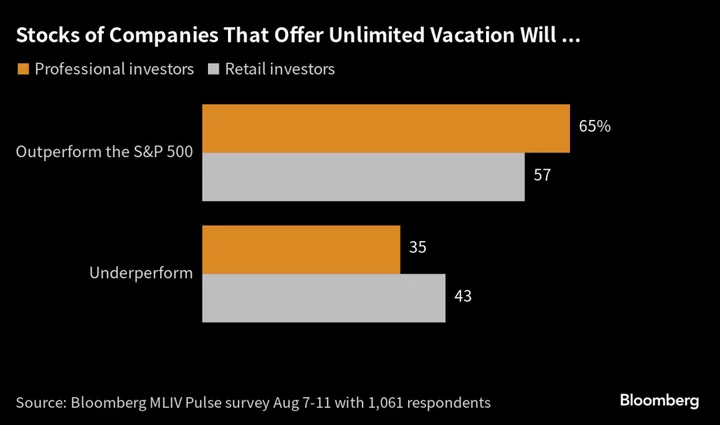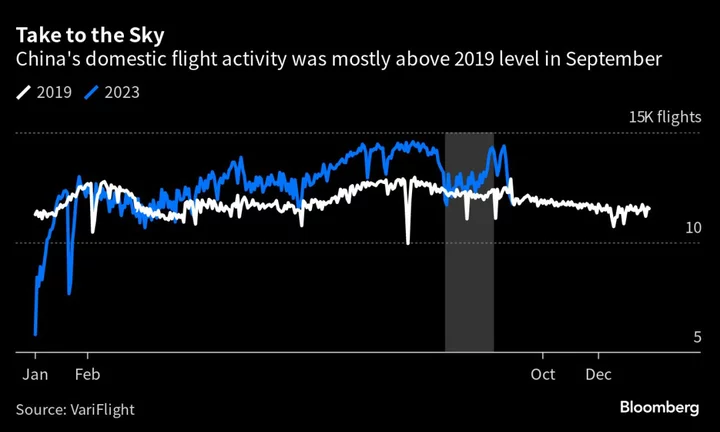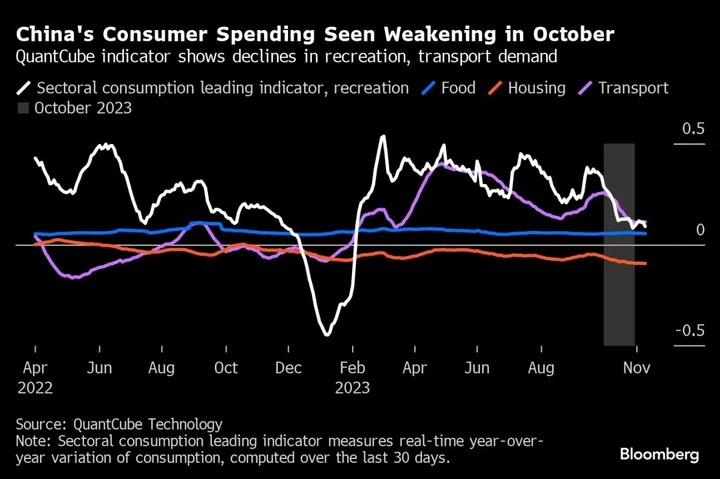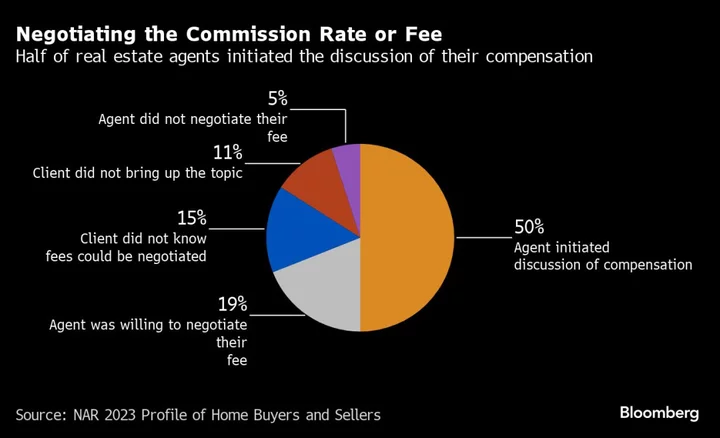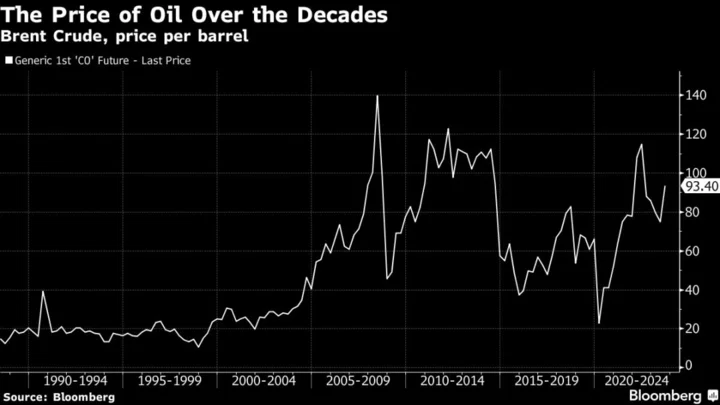Is unlimited paid time off good for a company's stock price? Most investors think so, according to the latest Markets Live Pulse survey.
Advocates of more flexible working arrangements say the policy allows employers to attract top talent while also helping cut costs associated with compensation for unused vacation. Perhaps that’s why some 64% of 1,061 MLIV Pulse survey respondents said that companies that offer the option will do better than the S&P 500.
Goldman Sachs Group Inc. made waves last year when it announced it would roll out unlimited PTO to senior staff. Often associated with Silicon Valley startups, the perk is still relatively rare: only about 8% of companies in the US offer it, according to a 2023 survey by the Society for Human Resource Management. About 12% of MLIV Pulse respondents said their firm has the policy.
The option, also offered by tech companies like Microsoft Corp., Adobe Inc. and Netflix Inc., has become more common among employers over the last several years, in part because it sidesteps administrative headaches and slashes costs.
“If I’m the CFO, I'm loving this. This is a big money saver for me,” said Rich Fuerstenberg, senior partner at consulting firm Mercer. Adoption was accelerated by the pandemic lockdowns, Fuerstenberg said, when employees weren’t able to travel and so balances of unused PTO ballooned — spurring finance departments into action. The policy is also something of a “Swiss Army Knife” for recruiters, who use it to compete for top talent.
Read more: Goldman’s Unlimited Vacation Is a Mirage for Workaholic Bankers
Even so, Fuerstenberg said it’s difficult to say that implementing the policy will lead directly to a performance boost. “It's a chicken or the egg sort of question,” he said. “We see it more in tech. We see it more in newer younger companies that don't have legacy liabilities to deal with. So are they outperforming the S&P 500 because of their unlimited PTO policy or because they're the type of employer who's going to have an unlimited PTO policy?”
Despite their bullish predictions, investors don’t see unlimited PTO as the hottest up-and-coming workplace perk. A four-day work week is likely to become more common, respondents said.
Even if unlimited PTO isn’t the norm among financial professionals and retail investors globally, the policies are fairly generous compared to the US private sector average of 11 paid vacation days after one year. About two thirds of MLIV survey respondents said their firm gives them more than 20 paid vacation days annually. Less than 40% of respondents reported taking more than 20 days off, however.
Still, investors were optimistic about the longer breaks they’d take if given the opportunity.
That outlook feeds the worry among employers that workers will abuse the policy, taking inordinate time off. But those fears are probably unfounded. More than two thirds of the companies that rolled out the policy said that the amount of time staff took didn’t change, according to Mercer. Of those that did report a change, the majority said employees actually took less leave.
It’s harder to tell what amount of vacation is socially acceptable when the guidelines are removed. Employees may underestimate what’s acceptable, especially in competitive industries like finance.
“People feel guilty to take any time off with unlimited PTO lest they get dinged by their manager,” one survey respondent wrote. “Unlimited PTO is garbage.”
Read more: Why Unlimited Vacation Isn’t as Great as It Sounds
The survey confirmed the received wisdom that Americans are terrible at taking time off: Only about a third of US respondents said they took a full week off more than once a year, compared to about two-thirds of their counterparts in other regions.
One thing that was consistent across countries: checking email while on vacation. Over 60% of finance professionals in the US and across the rest of the world admit to monitoring messages while out of the office, suggesting that fully unplugging is a challenge that’s widely shared.
The MLIV Pulse survey of Bloomberg News readers on the terminal and online is conducted weekly by Bloomberg’s Markets Live team, which also runs the MLIV blog. This week, the poll focuses on the Jackson Hole conference of central banks and asks whether the Federal Reserve has conquered inflation. Share your views here.

